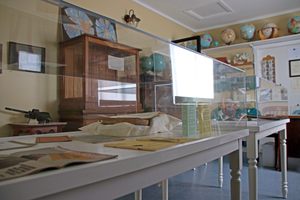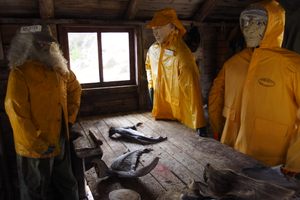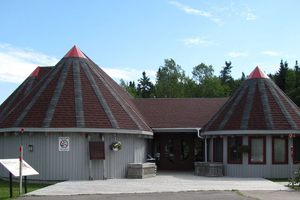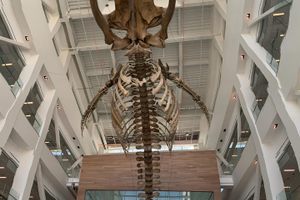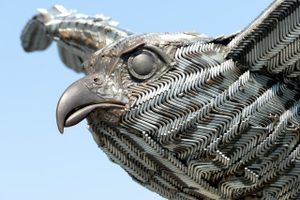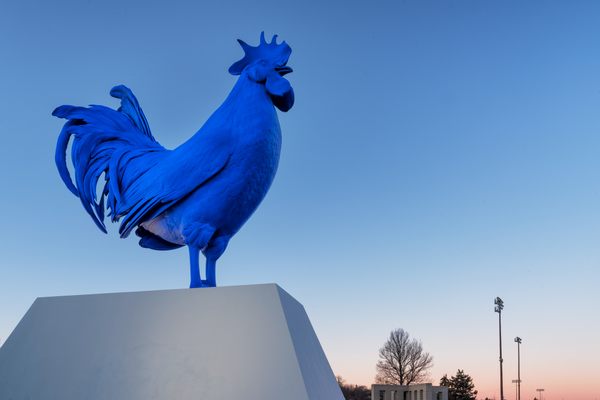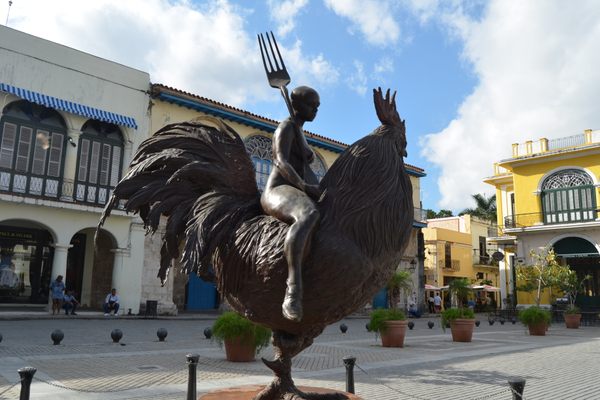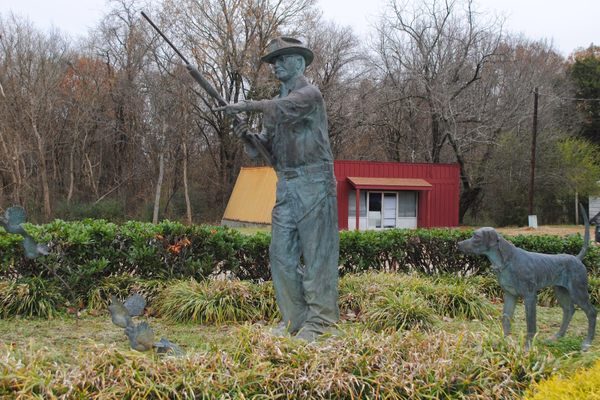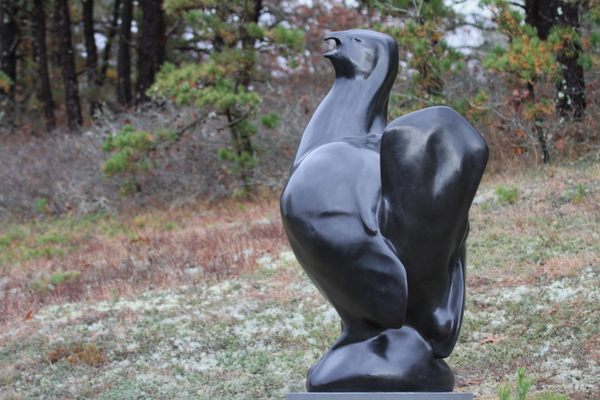About
For thousands of years the great auk lived along the North Atlantic coasts, congregating on remote islands where there were plentiful fish to hunt. Sadly, these large seabirds were also hunted, by humans, until the entire population was wiped out.
The great auks grew up to 30 inches tall, and though they were flightless, they were powerful swimmers. Sailors often compared the black-and-white birds to penguins, though they are not actually closely related.
The auks were revered by Native Americans, but they were hunted by European colonists as a food source and for their coveted down feathers. Demand was so high the seabird was nearly extinct by the 18th century. The last great auk was sighted in 1852.
A chilling sculpture of the vanished bird now sits on Fogo Island in Newfoundland. The memorial was created by artist Todd McGrain as part of his Lost Bird Project. The project includes sculptures of several extinct avian species, placed in the last location they were known to live.
The Great Auk Sculpture faces another similar sculpture in Iceland. That sculpture, also created by McGrain, in turn points toward the Icelandic island of Eldey, the site of the last known great auk breeding colony.
Related Tags
Know Before You Go
The sculpture is located near the end of a very nice hour-long hike outside the town of Joe Batt's Arm, called Joe Batt's Point Trail. The hike also takes you past the impressive Long Studio associated with The Shorefast Foundation and the nearby Fogo Island Inn. The sculpture can be also seen by boat in the Fogo Island harbor.
Published
August 15, 2018
Sources
- https://www.cbc.ca/news/canada/newfoundland-labrador/extinct-bird-immortalized-in-n-l-1.899791
- https://www.smithsonianmag.com/smithsonian-institution/bronze-sculptures-of-five-extinct-birds-land-in-Smithsonian-Gardens-180950366/
- https://www.nigelforrow.co.uk/eldey-final-refuge-great-auks
- http://www.nhm.ac.uk/discover/worlds-collide-great-auk.html















